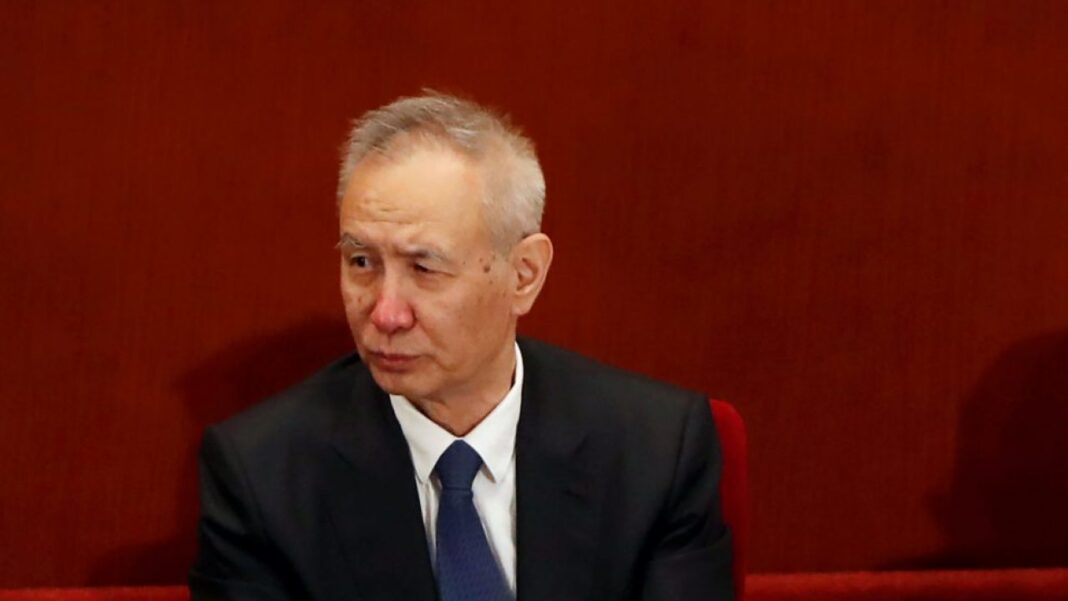China’s demographics and economic growth rate are raising the biggest questions among business people about whether to invest in China or not, reported The New York Times (NYT).
China ventured back onto the global stage on Tuesday, sending a delegation to the World Economic Forum to assure foreign investors that after three years of the pandemic cutting off their country from the world, life was back to normal.
However, a rapidly ageing population, slowing growth in productivity, high debt levels and rising social inequality will continue to weigh on the country’s economy, reported NYT.
China’s economy is witnessing its worst downward trend with the economic growth rate plunging to a mere 3 per cent in 2022.
China has been engaging foreign financial institutions, market analysts, major investment groups and think tanks to paint a rosy picture of the future of China’s economy.
Vice-Premier Liu He also sought (January 17) to restore foreign institutional investor’s confidence in the Chinese economy at the ongoing ‘World Economic Forum’ (WEF) at Davos, by stressing that China’s economic growth would return to pre-pandemic levels this year, as the country reopens after casing of the “zero-Covid” policy.
Chinese Government announced that its population shrank in 2022 for the first time in 61 years. A short time earlier, it confirmed that economic growth had slowed to 3 per cent, well below the past decade’s trend, reported NYT.
Moreover, China faced a wary audience at the annual event of WEF, attesting to both the dramatically changed geopolitical landscape after Russia’s war on Ukraine, as well as two data points that highlighted a worrisome shift in China’s own fortunes.
Liu sought to reassure his audience that China was still a good place to do business. “If we work hard enough, we are confident that growth will most likely return to its normal trend, and the Chinese economy will make a significant improvement in 2023,” he said.
Liu, a well-travelled vice premier who is one of China’s most recognizable faces in the West, insisted that the Covid crisis was “steadying,” seven weeks after the government abruptly abandoned its policy of quarantines and lockdowns.
China had passed the peak of infections, he said and had sufficient hospital beds, doctors and nurses, and medicine to treat the millions who are sick, reported NYT.
However, he did not mention the 60,000 fatalities linked to the coronavirus since the lockdowns were lifted, a huge spike in the official death toll that China announced three days ago.
Moreover, the decline in population lays bare the country’s falling birthrate, a trend that experts said was exacerbated by the pandemic and will threaten its growth over the long term. The 3 per cent growth rate, the second weakest since 1976, reflects the stifling effect of the government’s Covid policy, reported NYT.
The signposts of China’s economic weakness are everywhere: the government announced on Friday that exports fell 9.9 per cent in December relative to a year earlier.
“China has an export slowdown, construction is in crisis, and the local governments are running out of money,” said Jean-Pierre Cabestan, professor of political science at Hong Kong Baptist University. “China needs the world: to boost its economy, to accompany the return to more normalcy.”

